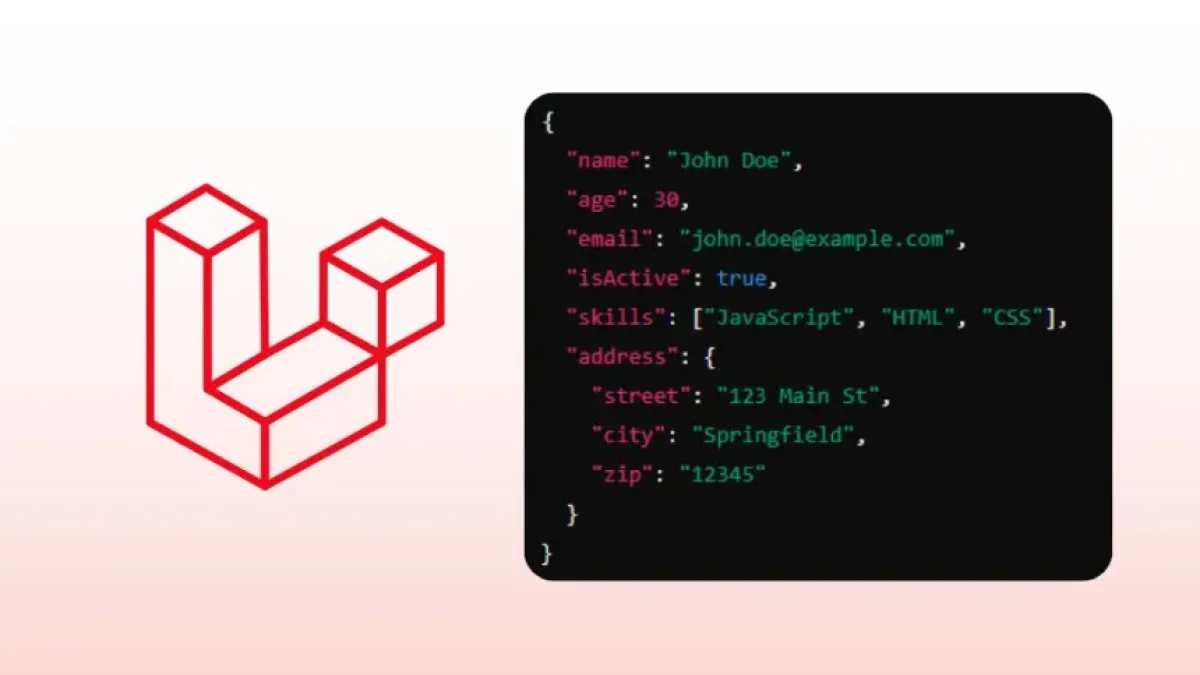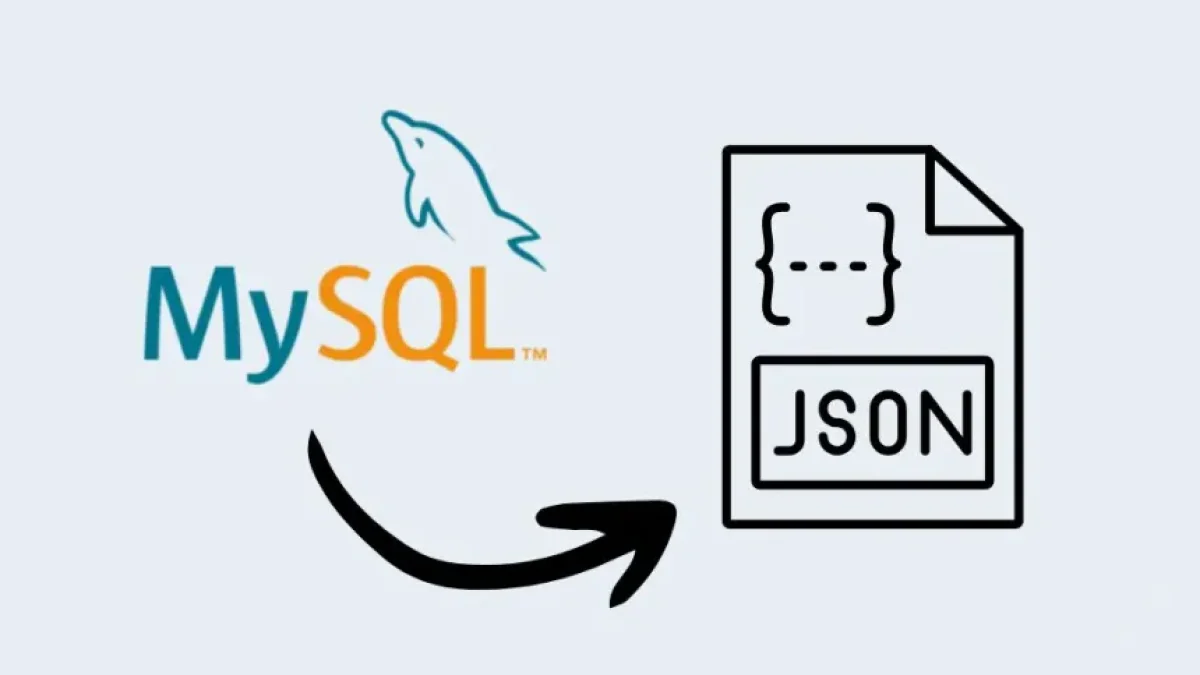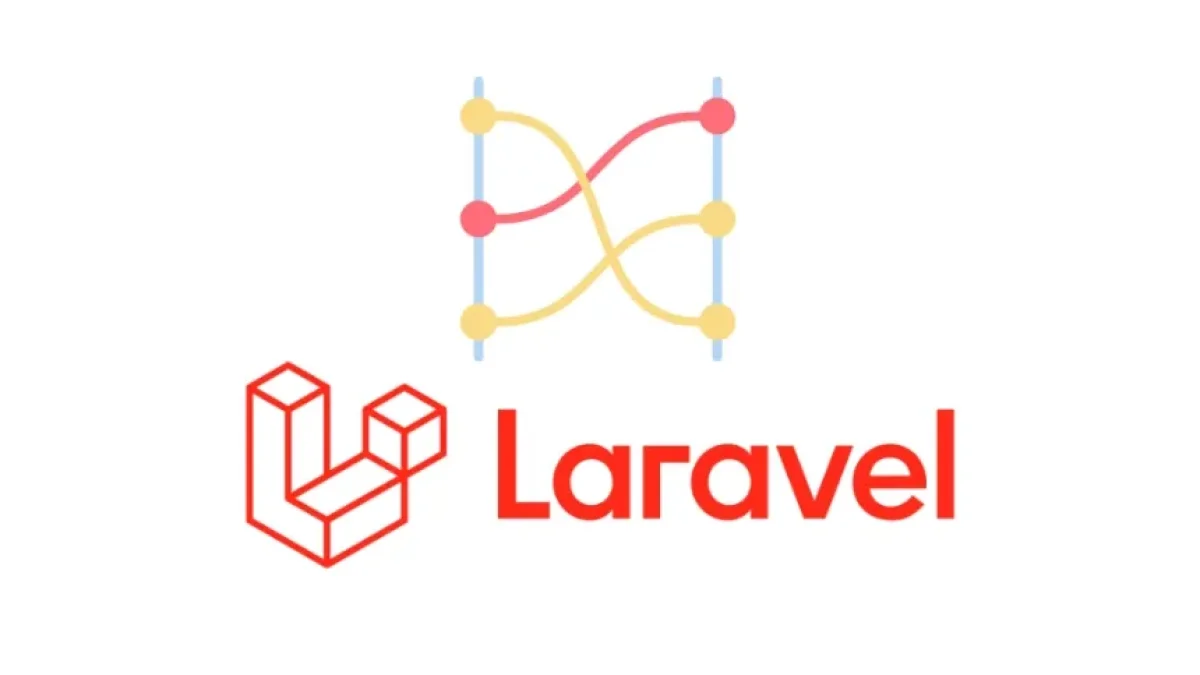Improving Laravel: Working with JSON Using Eloquent Casts


Laravel, one of the most popular frameworks for developing applications in PHP, offers developers powerful tools to handle different types of data. One of these types is JSON, which is commonly used in applications to store structured information in a way that is easy to manipulate and access. In this article, we will explore how to work with JSON attributes using Eloquent Casts in Laravel, thus enhancing our data management.
What are Eloquent Casts?
Eloquent Casts is a feature of Laravel that allows automatic conversion of a model's attributes to a specific type. This facilitates data manipulation and ensures that it is handled consistently throughout the application. By using Eloquent Casts, developers can work with JSON attributes as if they were arrays or collections, simplifying both the reading and writing of data.
How to Work with JSON Attributes
To start working with JSON in Laravel, it is essential to define the attribute type in the model. This is done by creating an Eloquent model and using the $casts property to specify that an attribute should be treated as an array.
class User extends Model
{
protected $casts = [
'preferences' => 'array',
];
}In this example, the User model has a preferences attribute that will be stored as JSON in the database. By defining it as 'array', Laravel automatically converts this attribute into an array when accessed and converts it back to JSON when saved.
Practical Example of Using JSON Attributes
Suppose we want to store a user's preferences, such as their language and the view of their panel. We can do the following:
// Create a new user
$user = new User();
$user->name = 'Juan';
$user->preferences = [
'language' => 'es',
'view' => 'grid',
];
$user->save();When the model is saved, the preferences are automatically converted to JSON in the database. Later, when retrieving the user:
$user = User::find(1); echo $user->preferences['language']; // Will print "es"
This makes it easier to interact with complex data and avoids the manual handling of conversions to and from JSON.
Read also
Advantages of Using Eloquent Casts for JSON
Implementing Eloquent Casts offers various advantages:
- Simplicity: Developers can easily access and manipulate JSON attributes using PHP's array syntax.
- Consistency: Ensures that data is correctly transformed when stored and retrieved.
- Flexibility: Allows structuring complex data without the need to create multiple tables in the database.
Final Considerations
It is important to keep in mind that, although JSON is useful for storing complex data, appropriate validations should also be carried out to ensure that the stored data is correct. Additionally, it is advisable to maintain a reasonable use of JSON attributes, as excessive complexity can hinder query optimization in databases.
In summary, working with JSON using Eloquent Casts in Laravel is an excellent way to enhance the efficiency of data management in web applications. This functionality enables developers to manipulate data in a more intuitive and effective manner.
If you would like to learn more about programming techniques and development in Laravel, feel free to explore more articles of this kind on my blog. See you next time!



















